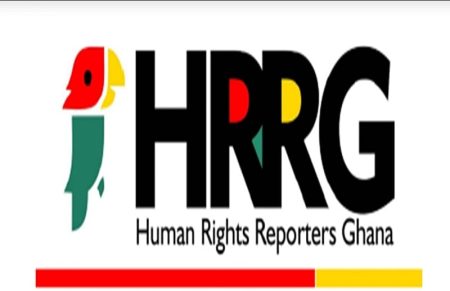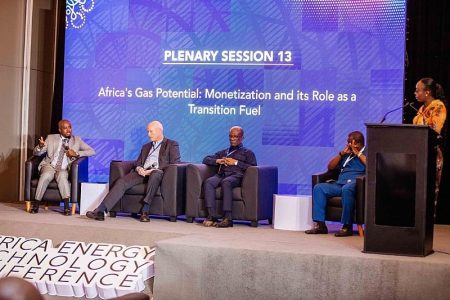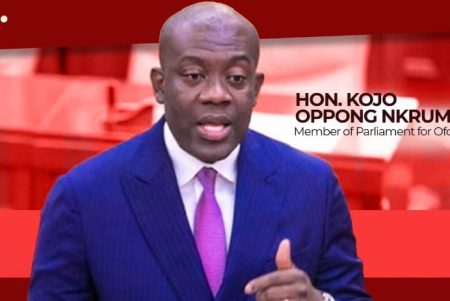The recent resurgence of the Ghanaian cedi against the US dollar, while seemingly positive, presents a potential double-edged sword. While the currency has appreciated by approximately 22% since the beginning of 2024, concerns arise about the sustainability of these gains and the potential for disruptive consequences. Legal and economic analyst David Ofosu-Dorte highlights a critical risk: the possibility of massive dollar dumping by financial institutions if the cedi’s appreciation continues unchecked. This potential scenario stems from the substantial dollar reserves held by these institutions. A rapid devaluation of the dollar relative to the cedi could incentivize these institutions to offload their dollar holdings, potentially triggering a destabilizing chain reaction in the currency market. Therefore, Ofosu-Dorte emphasizes the urgent need to identify and maintain a stabilization point for the exchange rate, thereby preventing market distortions and volatility.
A crucial aspect of this economic puzzle lies in the disconnect between the strengthening cedi and the persistently high inflation rate, which remains at 23%. This raises questions about the real-world impact of the cedi’s gains on the prices of goods and services. Despite reports of commercial banks holding significant dollar reserves and a 40% decrease in dollar demand since March, the anticipated trickle-down effect of a stronger cedi on consumer prices remains elusive. Ofosu-Dorte attributes this discrepancy to a deeper cultural issue – a prevailing asymmetry in how businesses adjust prices in response to currency fluctuations. He points to the tendency for prices to increase rapidly when the dollar strengthens, while reductions are resisted when the dollar weakens. This asymmetrical response undermines the potential benefits of a stronger cedi for consumers.
Beyond the immediate challenges of currency fluctuations and inflation, Ofosu-Dorte delves into the broader structural issues plaguing Ghana’s economy. He critically examines President Mahama’s eight-point economic reset plan, acknowledging the positive intentions while emphasizing the lack of concrete details. The oft-repeated mantra of reducing imports and promoting exports and manufacturing lacks specific implementation strategies, raising doubts about its effectiveness. Ofosu-Dorte identifies three key areas where economic reform discussions consistently fall short: a necessary shift in mindset, the establishment of policy consistency, and the creation of a robust stabilization framework to mitigate the impact of currency fluctuations.
Ofosu-Dorte emphasizes the need for policy-based solutions rather than reliance on compulsory measures, arguing against the recurring pattern of seeking IMF intervention every seven years to restore economic discipline. He advocates for a more sustainable approach to economic management that addresses the underlying structural weaknesses.
The current situation highlights the importance of managing Ghana’s economic momentum carefully. The rapid appreciation of the cedi requires proactive measures to ensure stability and avoid the potential pitfalls of currency manipulation and market distortions. Addressing the underlying cultural and structural issues that hinder economic progress is crucial for long-term stability.
The challenge for Ghana lies in navigating the complexities of a strengthening currency amidst persistent inflation and deeply ingrained economic behaviors. The potential threat of dollar dumping by financial institutions underscores the need for proactive measures to stabilize the exchange rate. Moreover, bridging the gap between exchange rate gains and consumer prices requires addressing the underlying cultural asymmetry in price adjustments. Ultimately, the success of Ghana’s economic recovery hinges on implementing well-defined policies, fostering a shift in mindset, and building a resilient economic framework to withstand future fluctuations.














